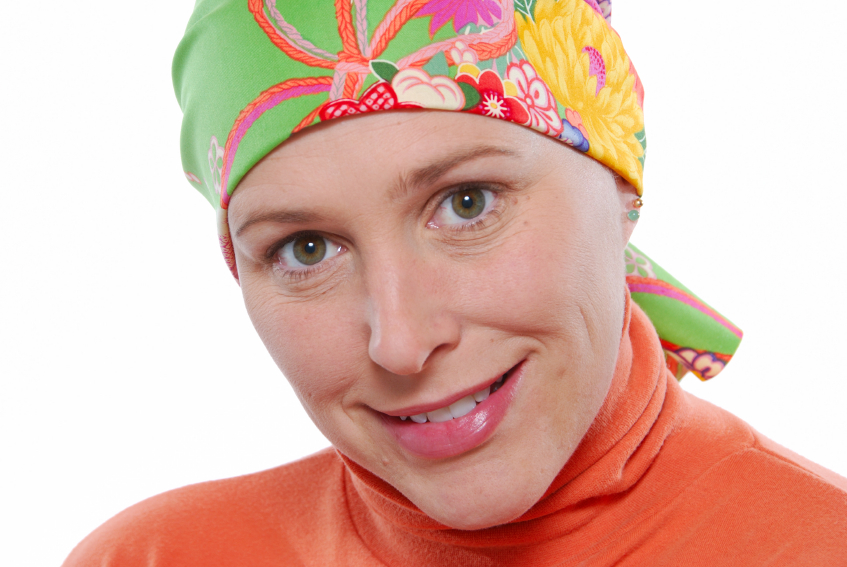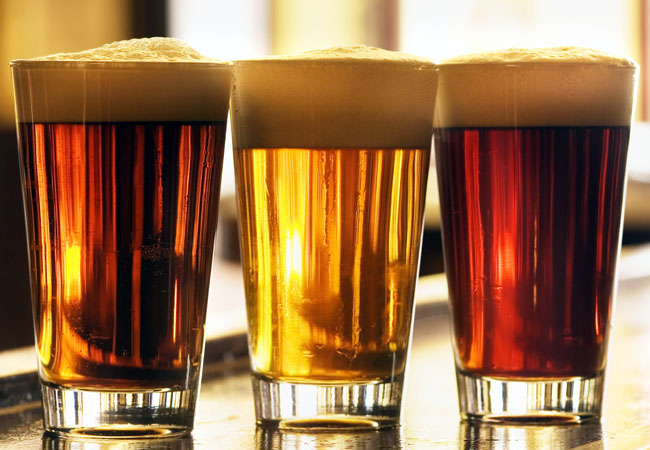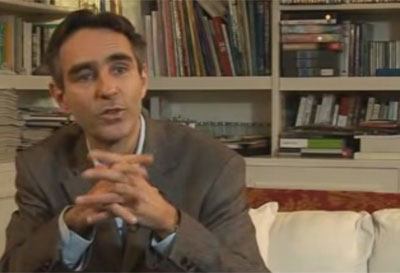Cancer and Lifestyle Improvement

We’ve often viewed getting cancer as luck of the draw. Other than eating enough fiber and avoiding smoking and too much sun exposure we haven’t really seen it as having much relationship to lifestyle. Now we’re finding that the way we live our lives has a significant effect on both the prevention of cancer and the course of the illness once it is diagnosed. In previous posts we looked at lifestyle connections to heart disease and diabetes. Now let’s look at lifestyle and cancer.
With the increased treatment success rates we are seeing for many forms of cancer, people are living longer and healthier lives through early detection and more effective treatments. Yet the American Cancer Society (http://www.cancer.org/) estimated that for 2010 there would be over one and half million new cases of cancer in the United States and over 21,000 in my home state of Colorado alone. There are several lifestyle-cancer connections we are becoming more acutely aware of.
 The lifestyle-breast cancer connection is becoming better known.
The lifestyle-breast cancer connection is becoming better known.
The American Cancer Society tells us that roughly one third of all cancers are diet and activity related. The standard call for thirty minutes a day of activity is important as so many of our jobs are increasingly sedentary. We also know that eating more fruits and vegetables, whole grains and healthier fats, and less processed meats reduces cancer risks. Recent news articles and Breastcancer.org (http://www.breastcancer.org/) have raised awareness that overweight woman, especially after menopause have a greater risk of breast cancer. Being overweight also can increase the risk of the recurrence of breast cancer. The same risk applies to men and women for increasing the chance of cancers of the colon, endometrium, esophagus, kidney, and other organs.
 A wellness lifestyle can mean a better quality of life!
A wellness lifestyle can mean a better quality of life!
Prostate cancer, the second leading cause of male cancer deaths behind lung cancer, is also showing a lifestyle connection. “Genetics certainly play an important role, but heredity cannot explain most cases. Lifestyle factors have also been implicated; the leading candidate is diet. A high consumption of saturated fat from animal sources is linked to an increased risk of prostate cancer, while whole grains, tomatoes, some vegetables, fish, and soy appear protective. Other lifestyle elements that have been linked to the disease include obesity, lack of exercise, and heavy smoking and drinking.” (http://www.health.harvard.edu/fhg/updates/Lifestyle-therapy-for-prostate-cancer.shtml)
 Moderation is, once again, key.
Moderation is, once again, key.
New research is finding that the correlation between alcohol consumption and cancer is greater than we once thought. Two articles published this month in prestigious medical journals suggested that moderation is the key. (http://community.breastcancer.org/livegreen/alcohol-and-cancer-you-cant-drink-to-your-health/) While only 3.5% of deaths from cancer worldwide are because of alcohol, “experts estimate that 90% of the male deaths from cancer worldwide caused by alcohol consumption could be avoided if they limited themselves to only two drinks a day and 50% of the deaths in women could be avoided if they had only one drink a day.”
“Where there are things we can do about cancer, and we don’t tell people what they are, we are giving them false hopelessness.” David Servan-Schreiber
Anticancer– A New Way of Life by David Servan-Schreiber (http://www.anticancerbook.com/book.html) outlines the role of diet, exercise, stress management and the environment in reducing your chances for cancer. Avoiding certain chemicals found in household cleaning products and perfumes is one way you can control your environment. Healthy changes to everyday life can reduce cancer risks by stopping the growth of cancer cells, which he calls “outlaws.” These changes, even if they are small, strengthen the immune system. “All in all, anything that boosts our immune system fights cancer,” Servan-Schreiber says. “And, certain food items or behaviors that have anti-inflammatory properties can help stop cancer from spreading.”
More “Good” News!
During the recent (Oct. 2011) United Nations Summit on Non-communicable Diseases (NCD’s) the World Cancer Research Fund reported that 2.8 million lives per year could be saved through better lifestyles and healthier diets. “Global health experts say many deaths from NCDs, including around a third of all common cancers, could be prevented by curbing excessive alcohol intake, improving diets, discouraging smoking and promoting more physical activity.” (http://www.reuters.com/article/2011/09/07/us-cancer-preventable-idUSTRE7864S720110907)
The expression of genes in the body can actually be affected by lifestyle improvement. In the journal Proceedings of the National Academy of Sciences, led by Dr. Dean Ornish, head of the Preventive Medicine Research Institute, Ornish contends that stress management, changes in diet and exercise can actually result in dramatic changes on a genetic level. "After three months of lifestyle changes, [diet, exercise, etc.] the report notes that the activity of disease-preventing genes increased while a number of disease-promoting genes, including those involved in prostate cancer and breast cancer, shut down." (http://www.breakingchristiannews.com/articles/display_art.html?ID=5466)
In a WebMD article “10 Lifestyle Tips for Cancer Prevention” are shared and recommended for post-cancer treatment as well. (http://www.webmd.com/cancer/news/20081028/10-lifestyle-tips-for-cancer-prevention)
Because there is a lifestyle connection where living a wellness lifestyle as much as possible is most advisable some Oncology clinics are actually hiring wellness coaches to be the behavioral change allies for their patients. Coaches can help people with the weight loss, smoking cessation, self-efficacy, and medical compliance that are all so important in prevention, prevention of reoccurrence, and the course of the illness itself. Once again, wellness and health coaching can help people live their best life possible.
IN MEMORIAL
 David Servan-Schreiber 1961-2011
David Servan-Schreiber 1961-2011
On July 24th of this year David Servan-Schreiber, who had survived two deadly encounters with cancer since being diagnosed at age 31, finally succumbed to an even more aggressive third bout with brain cancer at age 50. During those 19 years he not only inspired people with cancer with his own battle, but championed the concept of self-efficacy for people with cancer. This N.Y. Times article highlights his story and efforts to help us all. He will be missed. http://www.nytimes.com/2011/07/30/world/europe/30servan.html?_r=1
To get a real feel for the sincerity of this man, and his dedication to helping others, check out his video “Anticancer – A New Way of Life”. http://www.youtube.com/watch?v=2lwiQm5QaTs








Only registered and logged in readers can leave comments.